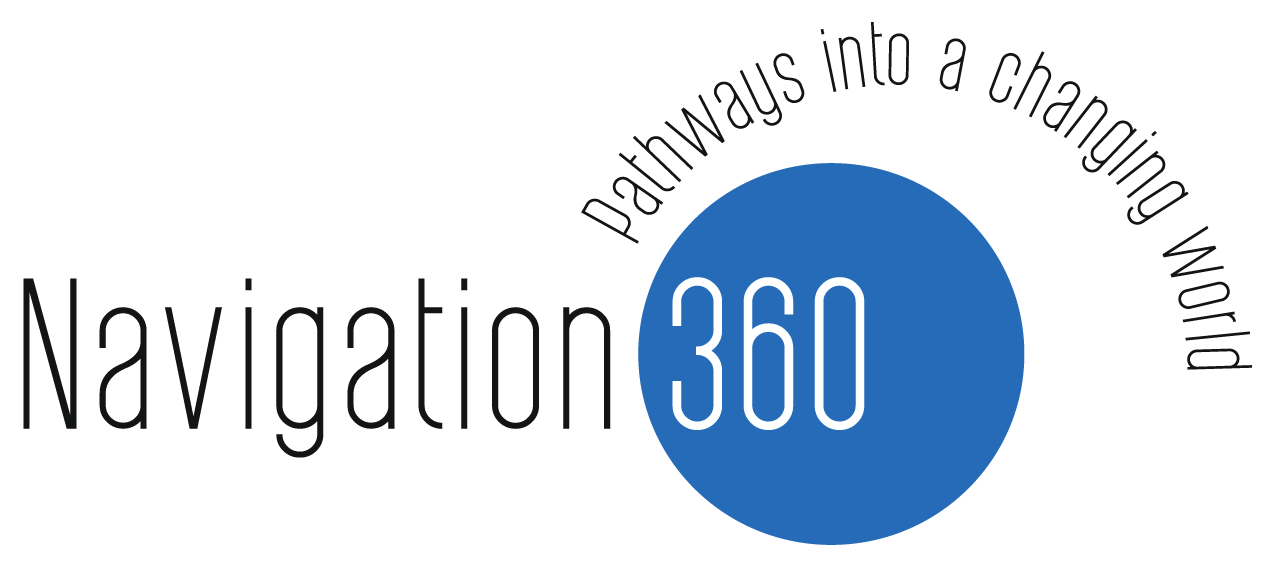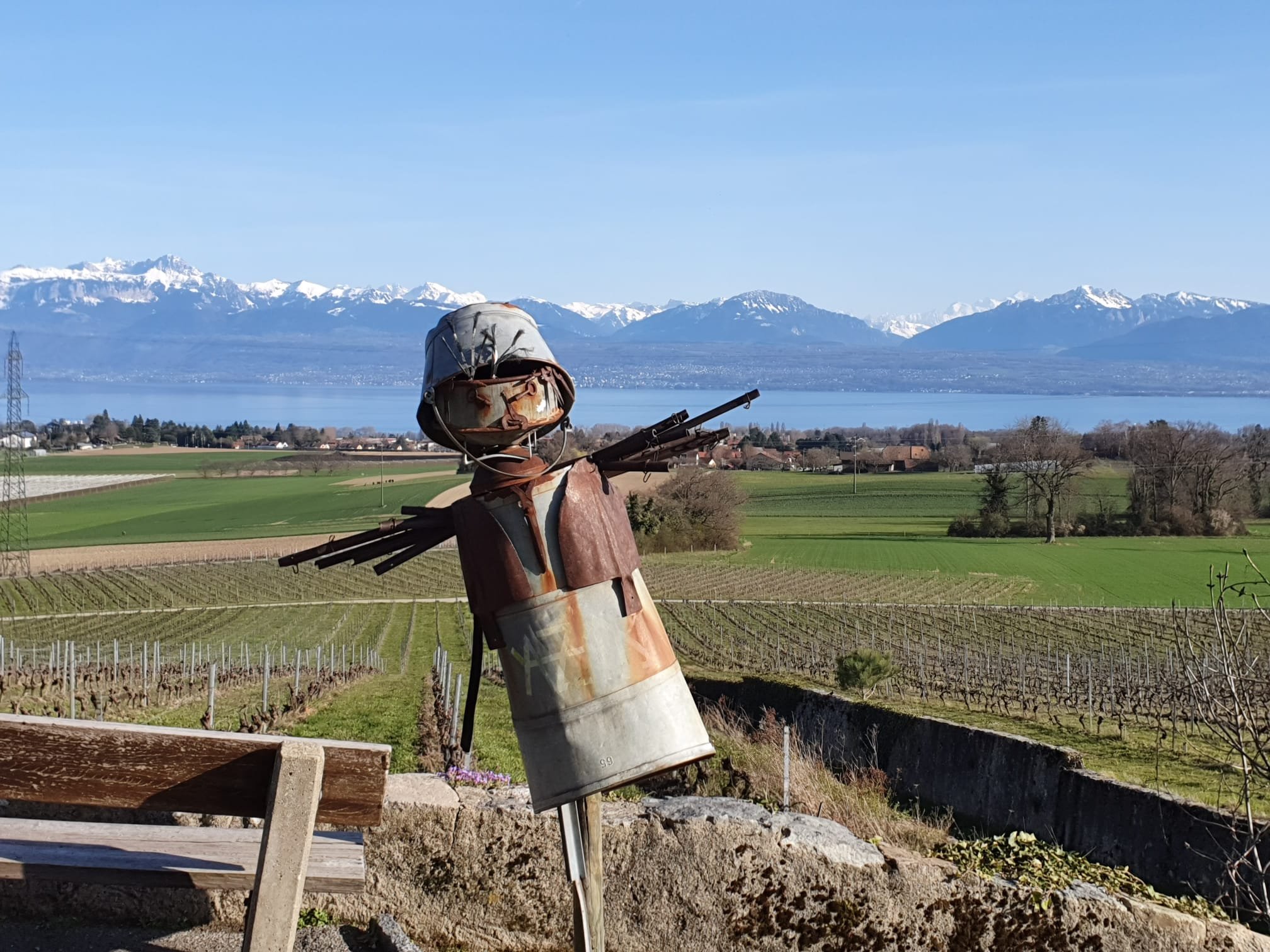Voting or not voting is becoming a question for a growing number of citizens even in still democratic countries. Voter turn-out i.e. how many of those eligible to vote actually vote, is an important component of functioning democracies; voter apathy and low voter-turn out are symptoms of political disease, of loss of trust in political parties, and even in democratic politics.
Many good reasons can be felt not to vote: Whatever the configuration of government, the socio-economic situation of most people does not improve; our governments are clearly unable or unwilling to tackle the major issues of our time such as global warming and species extinction, even if the alarm bells are ringing loud and clear; whatever programme I may have voted for will get diluted and compromised in coalition negotiations; the political elites are in league with the big corporate interests and wealthy individuals and do not serve a wider public good etc.
On the other hand, we should remember our historical experience when only very few, with wealth and status, were entitled to vote, and the long and hard social struggles to extend the vote to all citizens – including women. Can we simply give up this precious right? As citizens of nation-states, but also as world citizens, we cannot simply decide to vote or not to vote because of an emotional perception. Our choice must be more conscious and responsible. Here some of my initial reflections – I welcome yours.
Opting out or opting in? Last week I had a conversation with an activist for the restoration of more ‘commons’, de-privatising land, deprivatising our shared Earth. His trust in the existing political systems of Western Europe, that we still consider ‘democratic’, felt low. His position and practice felt like ‘opting out’: Create alternative socio-economic spaces and lifestyles in your country and keep the contact with the ‘system’ of state institutions to the inevitable minimum. I understand where such view can come from and strongly agree that citizen initiatives are needed. The challenges of our time are too big to be left in the hands of governments (and corporations) only!
But opting out of the political systems feels potentially very dangerous: I have seen too many countries where narrow interest groups took control of the state, using its institutions to foster their own interests. They can and will change laws to clamp down on, and eventually ‘out-law’, dissent and beliefs and lifestyles they do not like. They can and will use the power and legal and physical force of the state to eliminate such alternatives when they attract too much attention and following. The result is great structural violence that can trigger violent resistance and civil war. Let’s note also that no authoritarian regime has ever felt bothered by an alleged ‘lack of legitimacy’ because of low voter turn-out. So we must continue to ‘opt in’ and vote to ensure that also people with a social consciousness, care for broader wellbeing and for future generations, are in positions of influence and (shared) power.
Voting under what conditions? The argument for voting, even if we do not feel it will make the difference that wider society and the wider world needs, must be tested however against various scenarios. This weekend, people can vote in at least three different parts of the world: In Italy, there are national elections; Swiss citizens can vote in referenda on different questions, including reforms of the basic state pension and an increase in the Value-Added-Tax (VAT) rate to finance it also for the future, as well as measures to reduce the intensity of animal husbandry on Swiss farms; and those living in the Russian-occupied territories of Ukraine on whether they want to join the Russian federation.
A coalition considered ‘far-right’ is expected to comfortably win the elections in Italy. They stand on a conservative platform of ‘god, family and fatherland’ which we may or may not share but represents a values and belief-system that must be allowed a place in genuine democracies. More problematic may be the populist practice of using minorities as scapegoats and promising simple solutions for complex problems. Does it make sense for Italians with different views to vote in this election if their success is unlikely? Besides, Italian governments usually break up before their constitutional lifespan ends, so why bother if this one too will not last beyond perhaps two years? My view is they should vote: first of all, polls are not always right; second, even if my vote is not the winning one, it is a signal there are other views and constituencies in the country that cannot be ignored; third, however cynical quite a lot of Italians may have become about their national politics, it is not an autocratic system and should not be allowed to become one. And last but not least: Our citizenship is not limited to this vote: It can be more actively and perhaps more influentially exercised at local and regional level, and through a variety of citizen initiatives on the important issues that our national governments seem unwilling or unable to address.
The situation in the Russian-occupied territories of Ukraine is quite different. There is no prospect of a free and fair process and the result will be ‘yes to annexation’ whatever a majority of residents wish. Should I not want to become part of Russia, participating in the referendum seems futile. I will have to be patient and careful to find other means of resisting and/or leaving these territories.
The Swiss political system is unique in that citizens can proactively force a national vote on a new issue or in reaction to a law-in-the-making. They need to collect only a modest number of valid signatures within a limited time span. Votes have been held on issues as diverse as joining the European Union, more mandatory paid holidays for employees, the purchase of new fighter jets for the Swiss airforce, secure housing in old age, music teaching in schools and COVID-19 restrictions by the federal government. Popular votes can even change the Constitution, though this requires not just a simple majority but also in a majority of the 26 Cantons. Its uniqueness lies less in what citizens can directly vote on, but in the strong culture of deliberative democracy i.e. democratic debate and the effort to be informed citizens. Indeed, procedurally, there will be quite a long period before the vote, to allow extensive debate, and voters are provided with or can easily access proposals and counterproposals, and the respective arguments. Remarkably, the results tend to be moderate and avoid all sorts of extremes; they reflect considerations for the collective rather than the individual good and for the longer- rather than just the short term: Swiss voters rejected more paid holidays because it would make the Swiss economy globally less attractive and competitive. Such active, informed and thoughtful citizenship does not happen by accident. It is the result of centuries of political practice and evolution (with moments of violence yes) that have retained a sense that ‘the state is us’ rather than a predatory institution that serves other interests than mine. Surely, this is motivating to vote – even if your choice does not win, you will feel your concerns and arguments have been heard.
Incidentally, the UK 2016 referendum on Brexit took place in a society that is not or no longer a strong deliberative democracy, where citizens do not make the effort to hear different arguments and weigh them on their merit and were deliberately misled with false information. Being a vote on an issue that can be considered of ‘constitutional-level’ importance, it should also not have been decided on a simple 50% plus one basis. That was shallow 'democracy', at all levels. Currently, a new UK government is introducing what it calls pro-growth policies. These policies favour a lowering of environmental and labour standards (called ‘deregulation’), laws to restrict the right to protest and to strike; and tax measures that mostly favour the wealthy and the big corporations. There are some measures to protect people from the cost-of-living crisis but these will be financed by public borrowing: In other words, they may not paid by the citizens of today but will have to be paid by their children. These drastic policy changes with potentially major impacts no one can vote on until the next scheduled elections in 2024. This is not the programme people voted for in the 2019 general elections. Is this democratic? Should UK citizens not want to vote - sooner?
Exercising our right to vote should remain the first choice: It seems a democratic error not to vote because the prediction is that my view will lose. Democracy is not and cannot be just about winning and losing, as it is not about the tyranny of the majority. It should by its very nature remain attentive to the concerns and interests of the ‘minority’ view holders. (Some of the current backlash that supports populist politicians results from large numbers of ‘mainstream’ people’s anger over a perceived hyper-attention to various minorities while their own stagnating or declining socio-economic conditions were not addressed.) At the same time, we may choose not to vote in conditions where the outcome is clearly manipulated, and our participation would be misused as legitimation of the process. And we may demand a vote, now, as sweeping policy changes are being proposed that will have major impacts for years to come.
Reviving substantive democracy: Elections where citizens vote for their political leaders have consequences so are important. But they are only one aspect of democratic practice. Unfortunately, Western-style democracies and the United Nations have often projected the idea of elections as the cornerstone of democracy into many countries emerging out of civil wars. The result can and often has been one of ‘politics as war by other means’ with a same, undemocratic ‘winner takes all’ attitude. Yet elections, however important, are secondary to the essence, which is genuine democratic debate but also dialogue, with a willingness to listen to the reasons for other views, and a collective examination of the likely impacts across society of different policy options. Deeper democracy invites collective reflection, responsibility, and wisdom that searches for ‘win-win’ solutions that protect fundamental rights and legitimate interests of all stakeholders in society. In more deeply democratic societies personality cults, ideological mantras and fear-creating propaganda will be dismissed as misplaced by responsible and active citizens. The deliberative process precedes and is more important than the vote. How do we cultivate such deeper democracy? It starts with each of us.
Active and responsible member of a wider society: The deeper question is not whether to vote or not but: Am I developing myself as a truly democratic citizen? Do I make the effort to inform myself; am I critically attentive to the interests that can shape that information; do I try try to learning from past and comparative experiences? Am I ready and able to engage in genuine democratic conversations with a willingness to hear other views and the source they come from, even if I disagree with them? Am I willing to look for and accept solutions that may not be my preferred ones but offer a more inclusive win-win outcome? And where my views have prevailed, am I ready to support corrective action where the impacts on other members of society turn out to be unacceptably negative?
In short: What is my attitude as a member of society (a national one but now unavoidably also a global one) that I vote from?
What is your wisdom on this?



